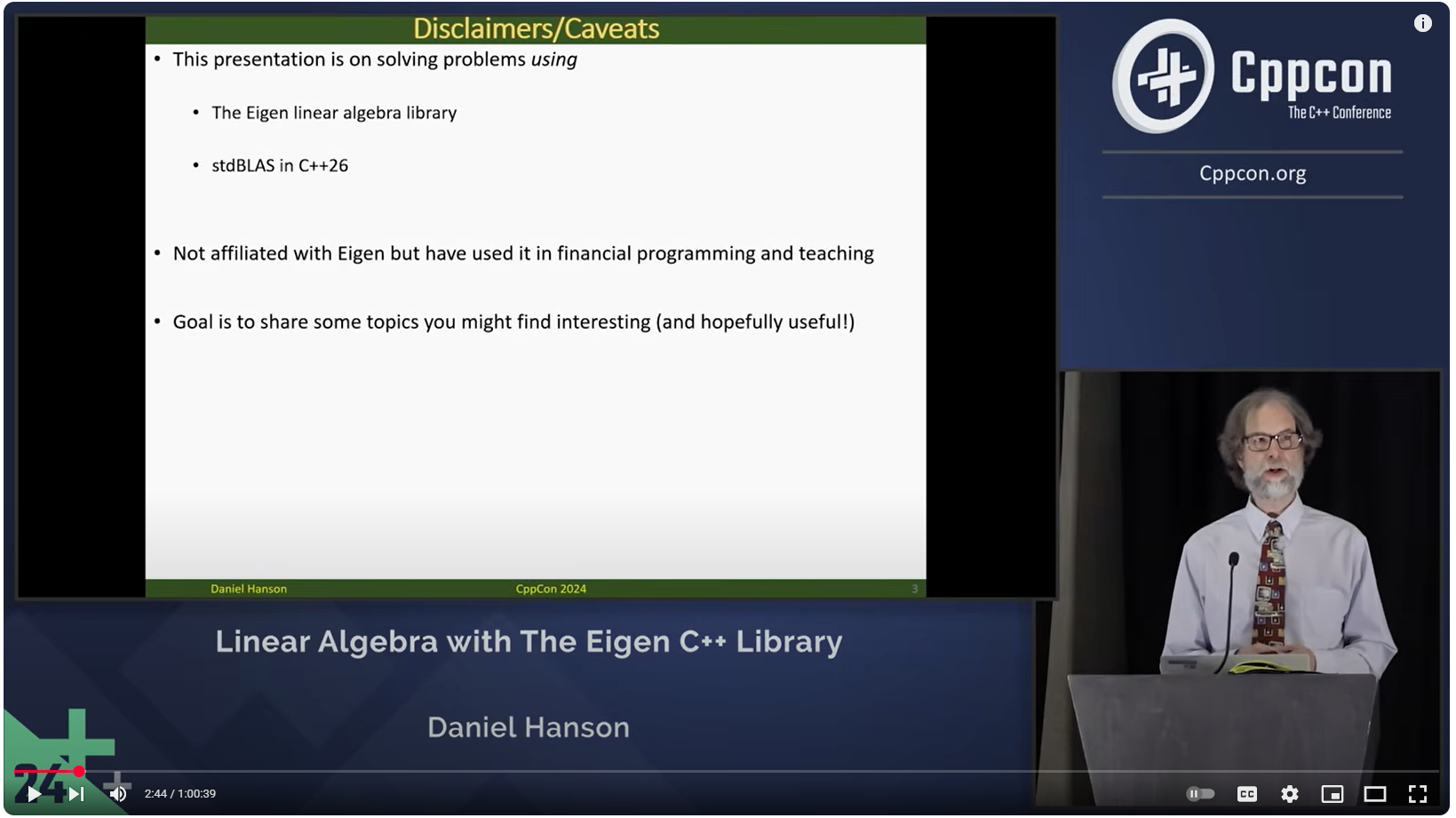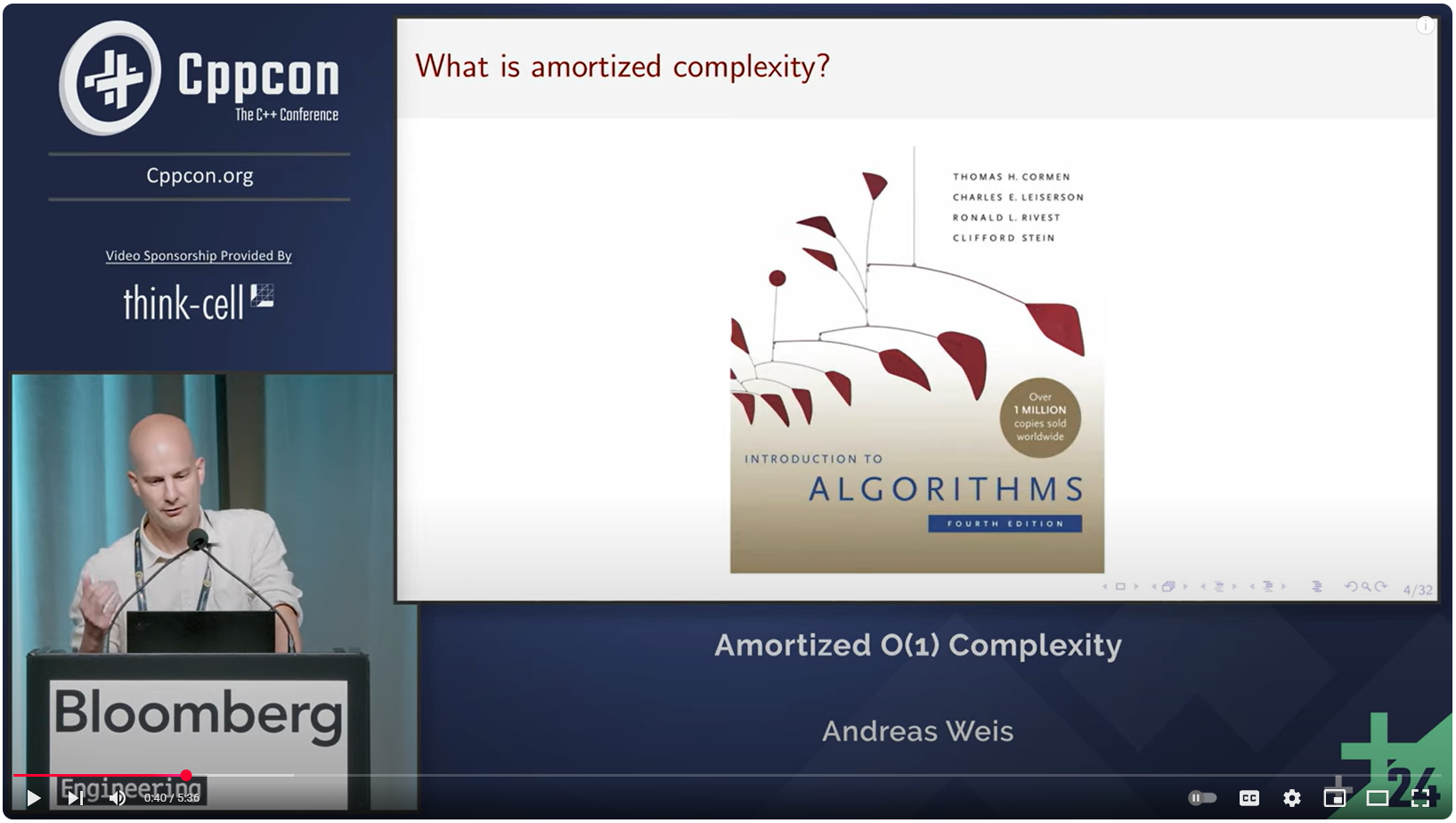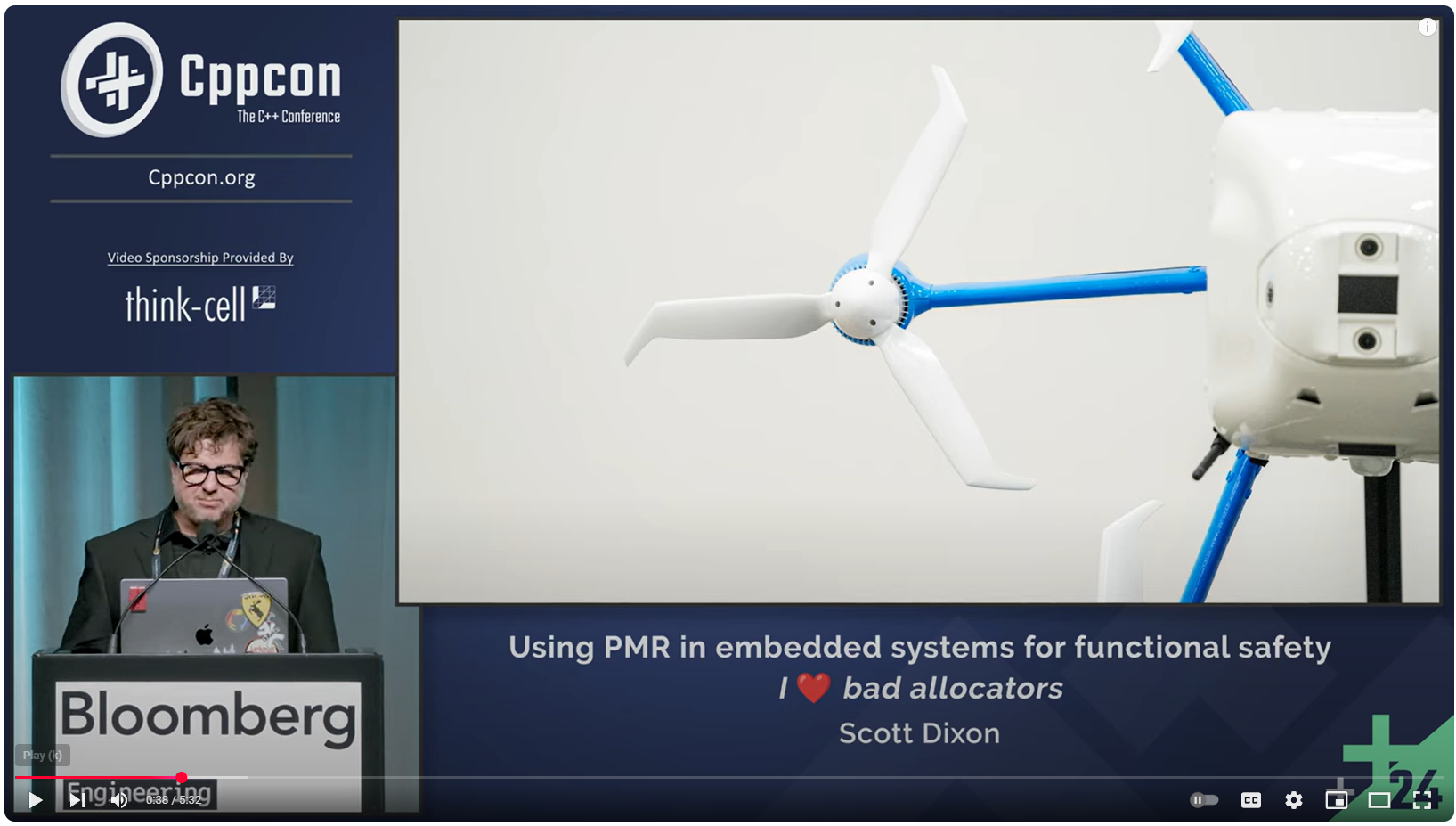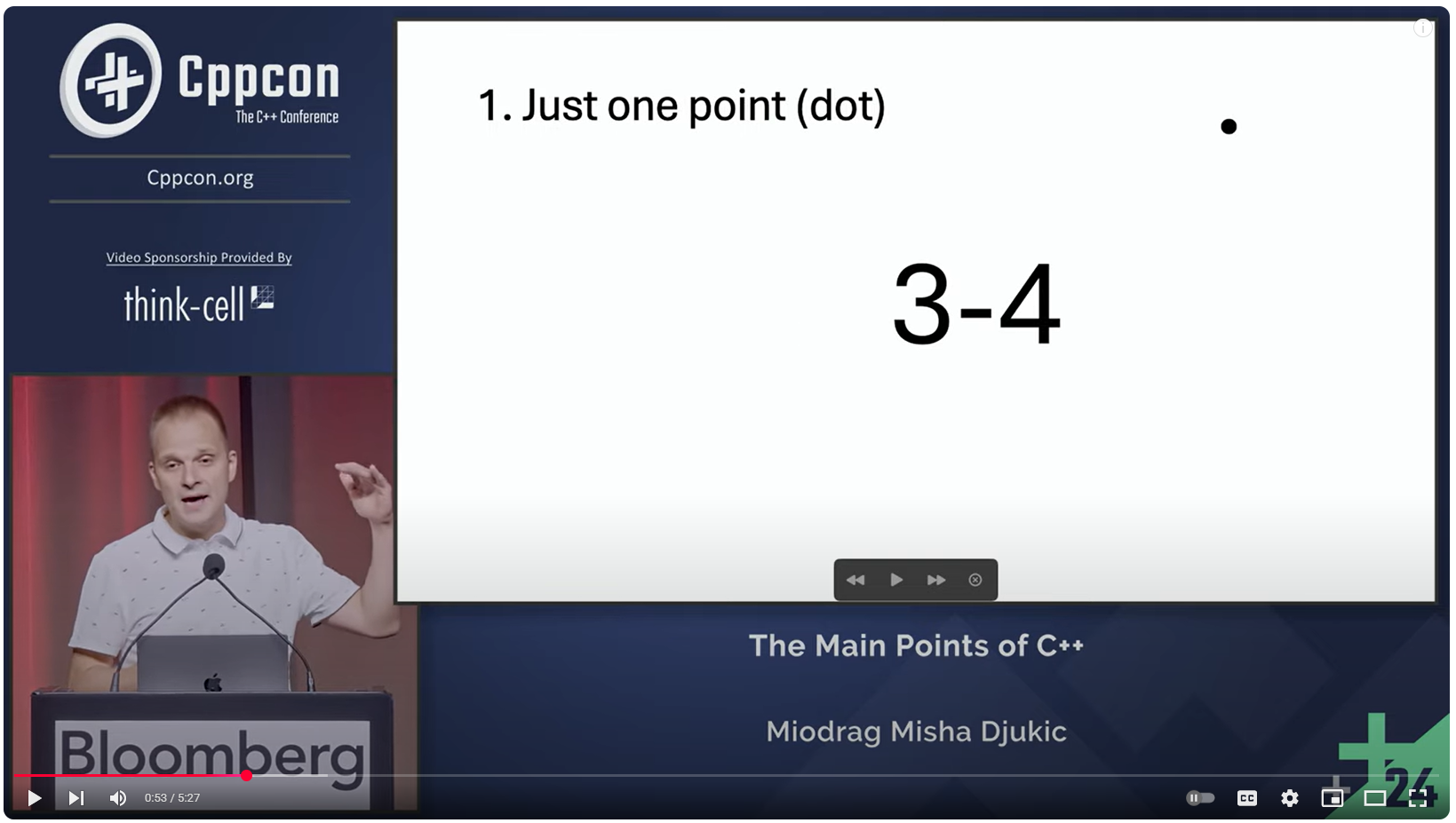C++20 Concepts for Nicer Compiler Errors -- Daniel Lemire
 Templates are one of C++’s most powerful features, enabling developers to write generic, reusable code—but they come with a cost: notoriously verbose and opaque error messages. With the introduction of concepts in C++20, we can now impose clear constraints on template parameters and get far more helpful diagnostics when something goes wrong.
Templates are one of C++’s most powerful features, enabling developers to write generic, reusable code—but they come with a cost: notoriously verbose and opaque error messages. With the introduction of concepts in C++20, we can now impose clear constraints on template parameters and get far more helpful diagnostics when something goes wrong.
C++20 Concepts for Nicer Compiler Errors
by Daniel Lemire
From the article:
In C++, templates enable generic programming by allowing functions and classes to operate on different data types without sacrificing type safety. Defined using the template keyword, they let developers write reusable, type-agnostic code, such as functions (e.g., template <typename T> max(T a, T b)) or classes (e.g., std::vector), where the type T is specified at compile time.
Historically, the C++ language has tended to produce complicated compiler error messages. The main culprit is template metaprogramming. C++ templates are powerful but complex. When errors occur in template code, the compiler generates long, verbose messages with nested type information, often involving deep template instantiations. A simple mistake in a template function can produce a message spanning multiple lines with obscure type names.
Let us consider an example. In C++, we often use the ‘Standard Template Library (STL)’. It includes a useful dynamic array template: std::vector. A vector manages a sequence of elements with automatic memory handling and flexible sizing. Unlike fixed-size arrays, it can grow or shrink at runtime through operations like push_back to append elements or pop_back to remove them. You can store just about anything in an std::vector but there are some limits. For example, your type must be copyable.

 Registration is now open for CppCon 2025! The conference starts on September 15 and will be held
Registration is now open for CppCon 2025! The conference starts on September 15 and will be held  C++’s One Definition Rule (ODR) can cause subtle and hard-to-detect issues when compile-time switches lead to inconsistent definitions across translation units. However, by using type aliases and template instantiation, we can sidestep these violations—giving each module its own definition without triggering undefined behavior.
C++’s One Definition Rule (ODR) can cause subtle and hard-to-detect issues when compile-time switches lead to inconsistent definitions across translation units. However, by using type aliases and template instantiation, we can sidestep these violations—giving each module its own definition without triggering undefined behavior. Registration is now open for CppCon 2025! The conference starts on September 15 and will be held
Registration is now open for CppCon 2025! The conference starts on September 15 and will be held  Registration is now open for CppCon 2025! The conference starts on September 15 and will be held
Registration is now open for CppCon 2025! The conference starts on September 15 and will be held  Here are the standard library features that will soon be usable at compile time. One topic is missing: exceptions. As they need both core language and library changes, I thought they deserved their own post.
Here are the standard library features that will soon be usable at compile time. One topic is missing: exceptions. As they need both core language and library changes, I thought they deserved their own post. Registration is now open for CppCon 2025! The conference starts on September 15 and will be held
Registration is now open for CppCon 2025! The conference starts on September 15 and will be held  Registration is now open for CppCon 2025! The conference starts on September 15 and will be held
Registration is now open for CppCon 2025! The conference starts on September 15 and will be held